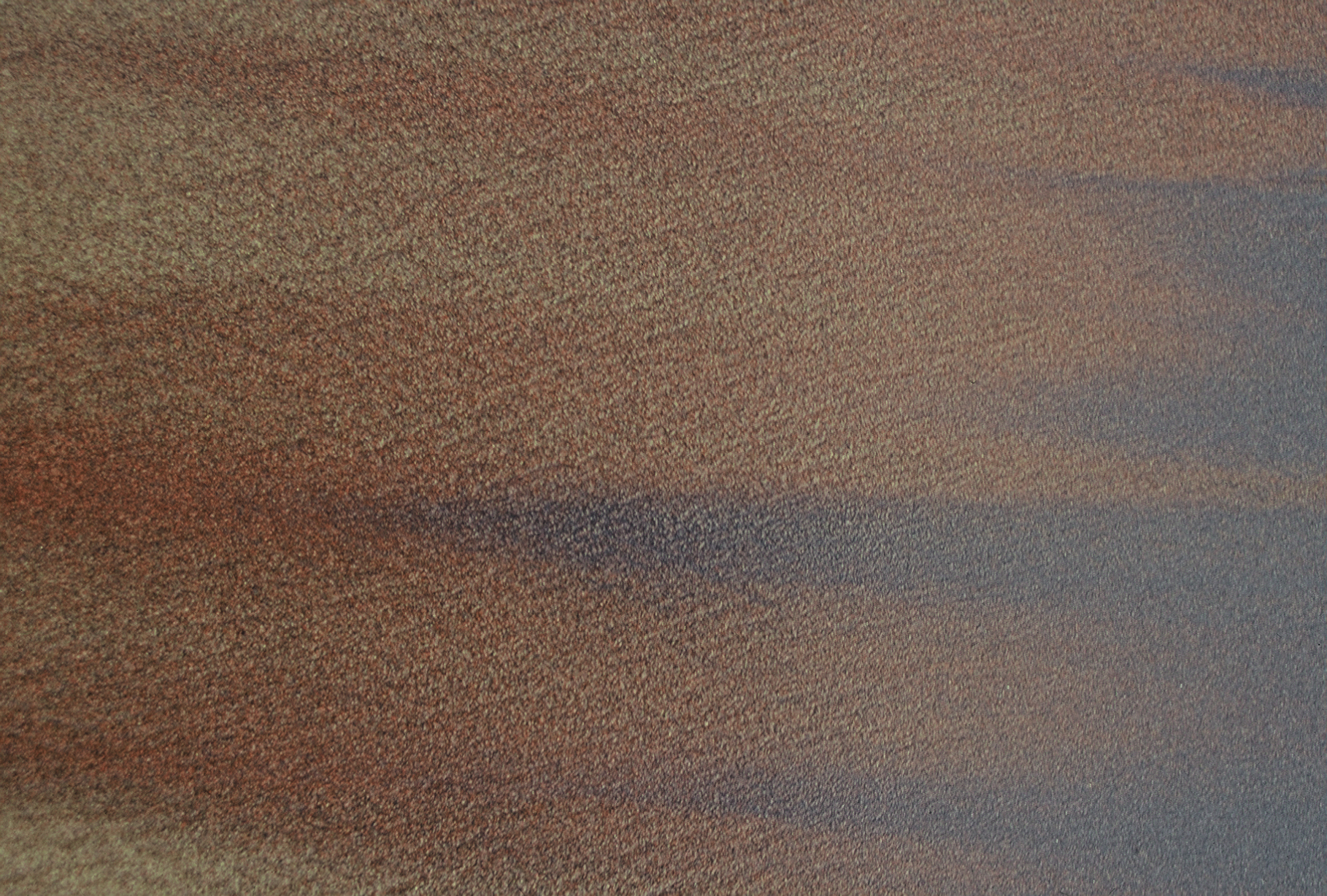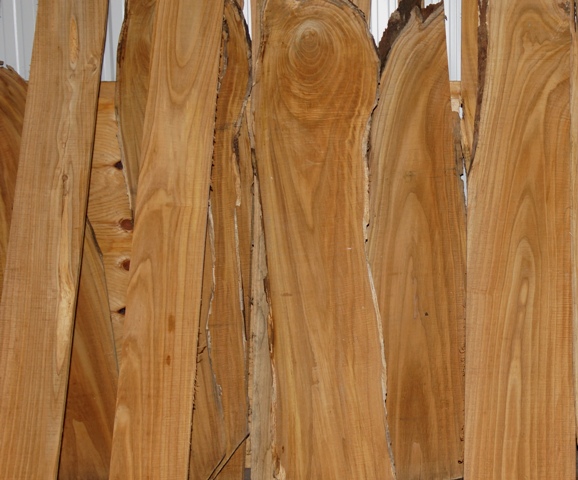



currently unavailable Northeastern Fruited Selection for Jelly and Juice
Phillips is a selection that produces a dark red fruit that is born in large racemes at the end of the branches. It has been a vigorous grower here and ripens later than our other selections. The fruit color is ideal for jelly production. This selection has to take a few weeks of frost before it becomes better flavored toning down the astringency and off flavors. This bush compared to the others we have grown shows a very stout and broad growth habit. It would work well as a screen because of its stem density. Originally obtained from Hector Black of Hidden Springs Nursery. I felt it was a little better fruit producer than Wentworth. The dark red fruit color is what sets it apart from other varieties I have grown. This selection is a good one for developing new varieties from as well as the clusters are full and the fruits are large. It was selected at the turn of the century and was found as a wild plant in the northeastern U.S. at one point in time. Since then many other nurseries started growing it and found it above average in fruit production along with the dark coloration which made it stood out.
The seeds are doubly dormant and require fall planting which will then cause sprouting in the following fall. The tops will then come up in that following spring. If you do the refrigerator method, then add moisture prior to starting the same sequence of cold, warm, cold and then warm again using moist Canadian peat moss. Viburnum can dry out easily so never store them at room temperature for too long.
| Plant Specs |
| Genus & Species |
Viburnum trilobum |
| Seed Source |
Phillips-Michigan |
| Hardiness |
minus 35F |
| Height (ft) |
15 |
| Width (ft) |
15 |
| Pollination Requirements |
Self fertile. |
| Soil |
Can grow in a wide variety of soils from wetland to dry hillside. |
| Climate |
Zone 3-8. Does best in cold climates but widely dispersed. |
| Ease of Cultivation |
Cultivating is easy. Tolerant to light shade. Using it is another matter. Sugar appears to be the only salvation on reducing astringency to taste the fruit without the wincing. Jelly makes it happen with this fruit. Birds consume the fruit after it has bletted all the way into late spring. This is when it is ideal to harvest-late in the season as possible as the flavor improves. |

